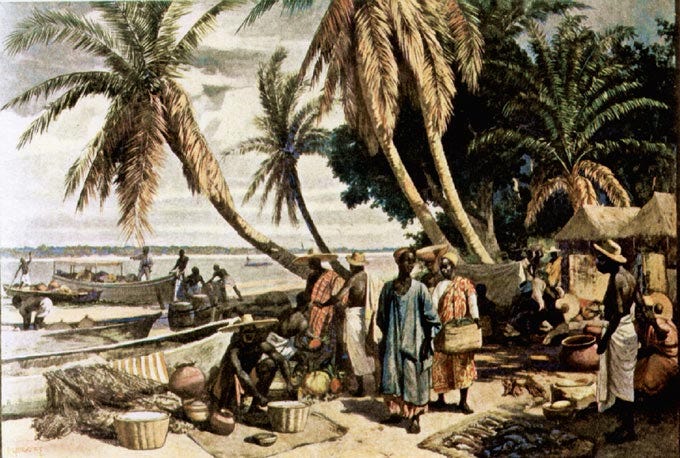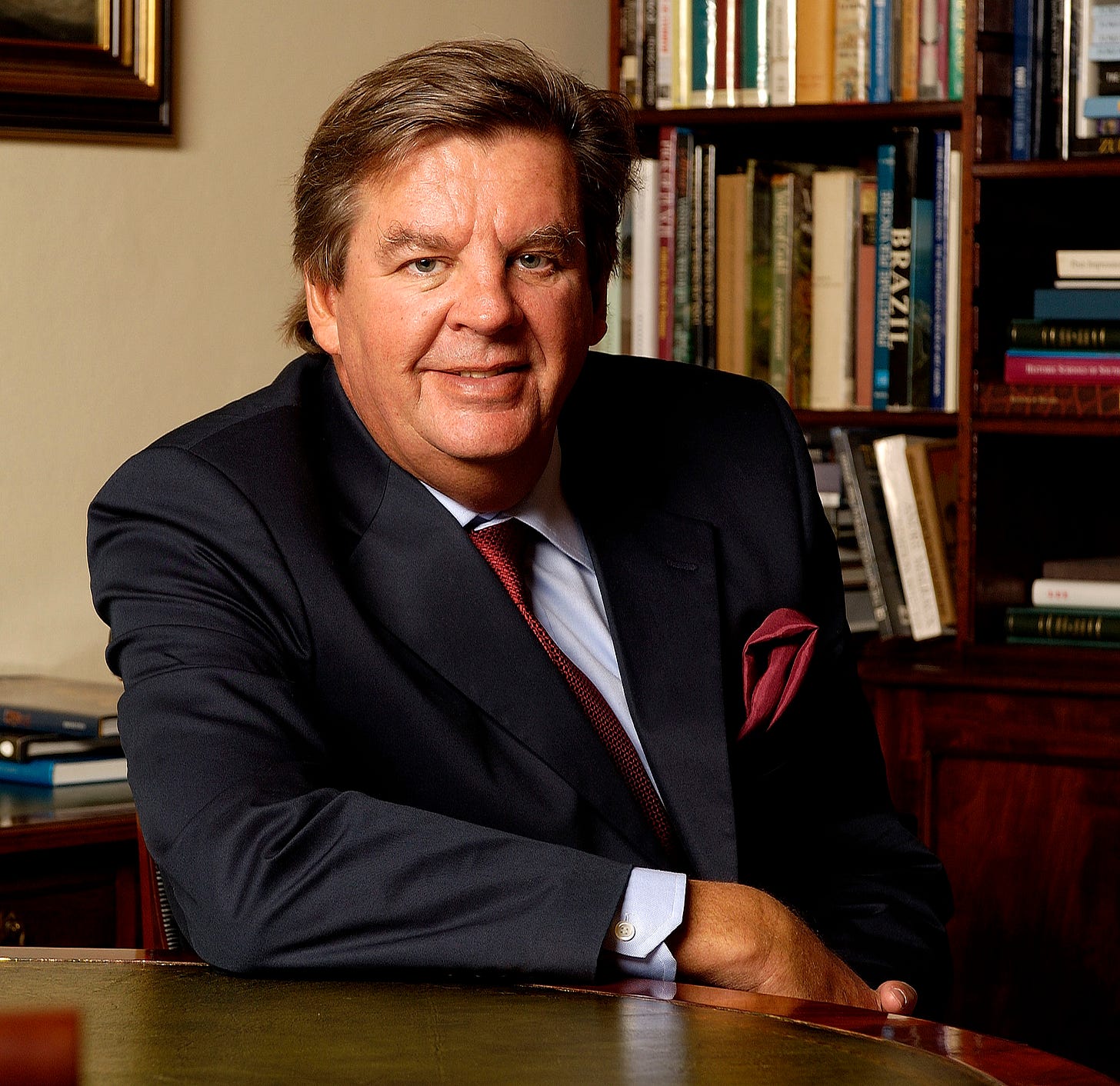🔅 African Billionaires 💵
From Wealth Reshuffles to Geopolitical Tensions and Climate Curveballs 🌊☀️
Image of the Day

Spotlight Stories
The Billionaire Shuffle: South Africa's Johann Rupert Dethrones Nigeria's Aliko Dangote
There's a new king of the African billionaire hill, and he's got a penchant for luxury goods and a net worth that's surging faster than a cheetah on a caffeine high.
Johann Rupert is the South African tycoon who controls Richemont, a company that owns brands like Cartier and Montblanc (because what's a billionaire without a fancy pen?). Rupert's fortune has skyrocketed by an impressive $1.9 billion, propelling him to the 147th spot on the global rich list and leaving Nigeria's Aliko Dangote in the dust.
Poor Dangote, who's been Africa's richest man for 13 years running, has seen his wealth plummet by $1.7 billion this year. Apparently, being a business mogul in Nigeria's challenging economic climate is about as easy as navigating Lagos traffic during rush hour.
But don't shed too many tears for Dangote. He's still got a net worth of $13.4 billion, which is enough to buy a small country (or at least a few private islands). Plus, he just opened a shiny new oil refinery in Lagos, so he's not exactly hurting for cash.
But Rupert isn't the only South African making waves on the rich list. Nicky Oppenheimer, of the diamond dynasty, is sitting pretty at number three in Africa with a net worth of $11.3 billion. And rounding out the top five are Egypt's Nassef Sawiris ($9.48 billion) and South Africa's Natie Kirsh ($9.22 billion).
Egypt to Somalia: "We Got Your Back!"
Sure to ruffle some feathers in the Horn of Africa, Egypt has delivered its first military aid to Somalia in over four decades. The delivery, which included weapons and ammunition, arrived on two Egyptian military planes at Mogadishu airport on Tuesday morning.
So, what's the big deal? Well, it all comes down to a little bit of geopolitical tension. You see, Ethiopia recently signed a preliminary deal with the breakaway region of Somaliland to lease coastal land in exchange for possible recognition of its independence from Somalia. Somalia, understandably, was not too thrilled about this and called the deal an assault on its sovereignty.
Enter Egypt, which has been at odds with Ethiopia for years over the construction of a massive hydro dam on the Nile River. Egypt condemned the Somaliland deal and signed a security pact with Mogadishu earlier this month, even offering to send troops to a new peacekeeping mission in Somalia.
Somalia has previously threatened to kick out Ethiopia's up to 10,000 troops, who are there as part of the peacekeeping mission and to fight al Shabaab militants, if the deal is not cancelled.
Some analyst think that if the Egyptians put boots on the ground and deploy troops along the border with Ethiopia, it could possibly end up with the two (Ethiopia and Somalia) in direct confrontation, though the threat of a direct war is low.
Ethiopia's foreign affairs ministry issued a statement saying that the country "cannot stand idle while other actors are taking measures to destabilise the region," and accused the Government of Somalia of "colluding with external actors aiming to destabilise the region."
Meanwhile, Turkey has been playing the role of mediator, hosting two rounds of indirect talks since July between Somalia and Ethiopia over the Somaliland deal. A third round is expected next month.
East Africa's Weather: From Soaked to Parched in Record Time
Just when East Africa thought it was safe to put away the umbrellas, Mother Nature has decided to flip the script. After dealing with devastating floods, the region is now being told to brace for... not enough rain.
The culprit? Our old frenemy, La Niña.
This weather phenomenon is set to make a comeback in the final quarter of the year, bringing with it below-average rainfall and drought conditions.
This climate rollercoaster is hitting some of the world's poorest economies, proving once again that when it comes to climate change, those who contributed the least are often impacted the most.
Food for Thought
“Do not attempt what you cannot bring to a good end.”
— Yoruba Proverb, Nigeria






